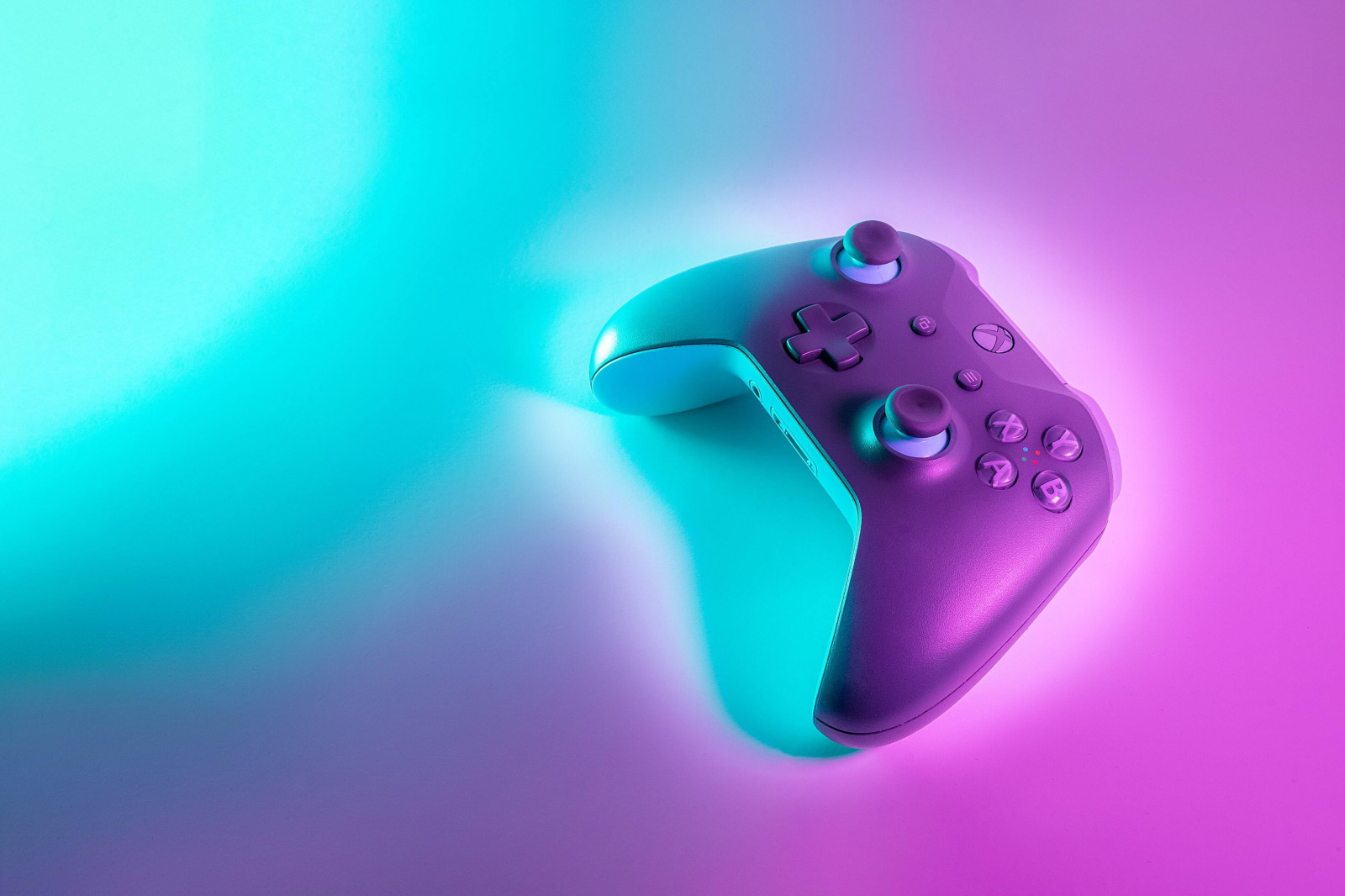Xbox to rid large games of a key competitive weapon

Photo: Javier Martinez

Xbox is looking simply unstoppable these days. After announcing the Xbox Everywhere vision, it has confirmed that besides the announced ‘puck’ in the works, it is indeed bringing the Xbox App into Samsung’s 2022 smart TVs. This significantly expands its addressable market as well as dilutes the importance of expensive games-dedicated hardware ownership. MIDiA covered these developments in a blog post a couple of weeks ago and will be diving deeper into the commercial and market implications in the weeks to come. However, one new thing Xbox announced in its summary blog post yesterday is that it is planning to enable Game Pass Ultimate subscribers to stream games that they already own outside of the Xbox Game Pass library. This means they won’t necessarily need to have the games downloaded or installed. This a significant improvement in the user experience for gamers – but it has even bigger implications on a small handful of large publishers that own some of the largest titles in terms of file size (some of these happen to be among the most popular of games out there). Microsoft is about to significantly weakened their strategic positioning.
Hard drive share as a competitive weapon
We wrote this blogpost nearly four years ago. It detailed not only consumers’ annoyance with the growing games file size, coupled with finite hard drive space, but more importantly it described how this was being used as a key strategic weapon for a handful of the largest games title publishers. Up until streaming took off, it was not uncommon for gamer’s hard drives to be owned by (occupied by games of) just a few large publishers. By the time you installed Red Dead Redemption 2, GTA V, Call of Duty, and maybe FIFA or NBA, you were done. Yes, consumers could still delete the installed title to install new games and then re-install the old ones when they wanted, but this was huge user friction. If consumers really liked two or three large file-size games, it presented a significant barrier to entry for trying new games. This put smaller developers and the rest of the games market at a serious disadvantage when trying to address the console market.
Featured Report
India market focus A fandom and AI-forward online population
Online Indian consumers are expected to be early movers. They are high entertainment consumers, AI enthusiasts, and high spenders – especially on fandom. This report explores a population that is an early adopter, format-agnostic, mobile-first audience, with huge growth potential.
Find out more…Diluting a key competitive advantage of the few big publishers
Xbox is en-route to solving this issue. This is a clear win for gamers, who will no longer have to painfully prioritise or spend hours installing, deleting, and reinstalling titles because of finite storage space. However, just as importantly, this is a big win for the vast majority of games developers and publishers, because the largest file-size / most established titles will no longer pose as much of a barrier to entry and deter / slow down consumers from trying and playing new games.
Of course, for the handful of the largest titles and their publishers, e.g., TakeTwo’s GTA, RDR2, Activision’s Call of Duty, Ubisoft’s Assassin’s Creed, or EA’s largest sports titles, this will mean significantly increased competitive pressures on engagement from the rest of the landscape once Xbox deploys this feature. Though Microsoft is already in the process of acquiring Activision, this kind of pressure may prepare an even more suitable opportunity for it to continue buying up other large players, as their individual strategic and competitive positionings get further diluted by the games streaming tsunami. Watch this space.

The discussion around this post has not yet got started, be the first to add an opinion.